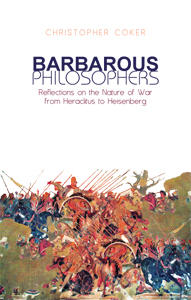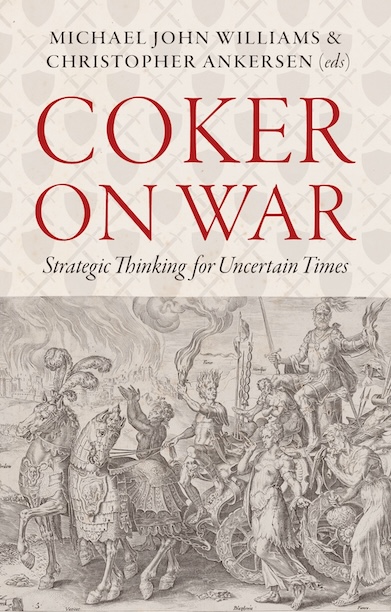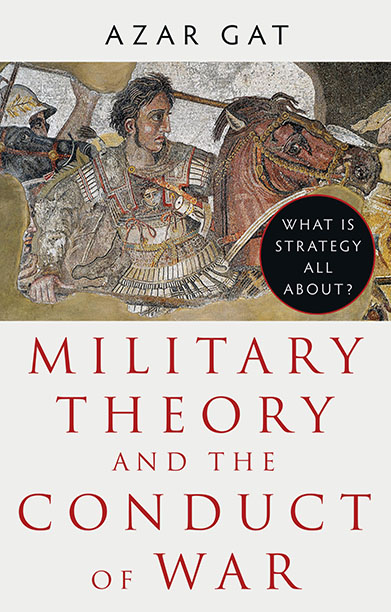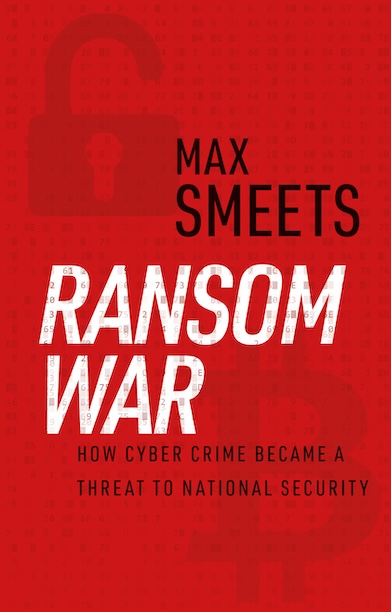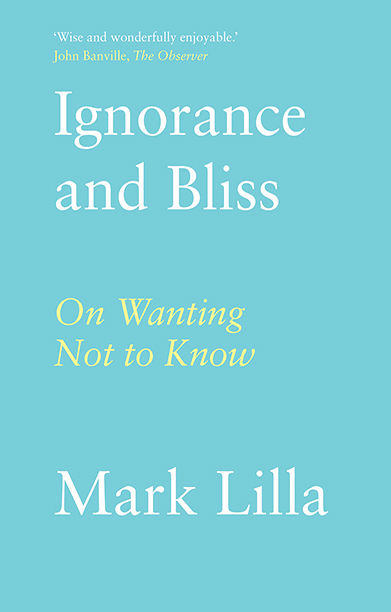Description
This is not a book about philosophy and war. It is a book on contemporary conflict in which the author invokes philosophy to help understand the problems that we face in fighting war today. Barbarous Philosophers sets out to discuss the nature of war through the work of sixteen philosophers from Heraclitus in the sixth century BC to the philosopher-physicist Werner Heisenberg writing in the 1950s. Each section begins with a brief epigram representative of each writer’s thinking. The contention of the book is that war, as opposed to warfare, is largely an invention of philosophy – our reflection on organised collective violence that date from the time we emerged from the hunter-gatherer stage of development and created the first civilisations centred around city life. The Greek philosophers were the first to invent what Pascal called the ‘rules’ of war and in representing the nature of war they also influenced how it was conducted to the extent that generals allowed their minds to be shaped over time by the work of philosophy. The purpose of philosophy, writes Herbert Simon, is to understand meaningful simplicity in the midst of disorderly complexity. Behind the flux of everyday life there is an ‘ordered’ existence which it is the task of philosophy to uncover if it can. Behind the ever changing character of war lies its nature that needs to be grasped if it is to be waged successfully.
Reviews
‘Throughout this book fizzes with ideas. Coker is inventive, imaginative and erudite. We are swept along in an argument that ranges from Heraclitus to Rorty in a few dizzying paragraphs. The digressions and diversions are part of the entertainment, and the sinuous style draws you in. […] Coker gives us a fascinating window on different cultures’ understanding of war.’ — Times Literary Supplement
“Barbarous Philosophers is a splendid introduction for specialists and nonspecialists. Like Plato synthesizing Parmenides’s world of eternal being and Heraclitus’s world of constant change, Christopher Coker compels his readers to think through what Clausewitz and Sun called the enduring yet ever-changing character of war.” — Karl F. Walling, United States Naval War College
‘[This] volume clearly aspires to give us a more profound understanding of war by familiarizing us with important insights by philosophers. His goal in doing so is not to encourage an end to war, something he thinks unlikely to happen in any case, but to make readers aware of ways of thinking about war that might lead to a deeper understanding of its causes and effects, as well as the ways in which it is fought and why it succeeds or fails to achieve its political goals.’ — Richard Ned Lebow, Dartmouth College and London School of Economics
Author(s)

Christopher Coker was Director of LSE IDEAS, the London School of Economics foreign policy think-tank. His recent books include Rebooting Clausewitz; Men at War; and The Improbable War: China, the United States and the Logic of Great Power Conflict, all published by Hurst.
